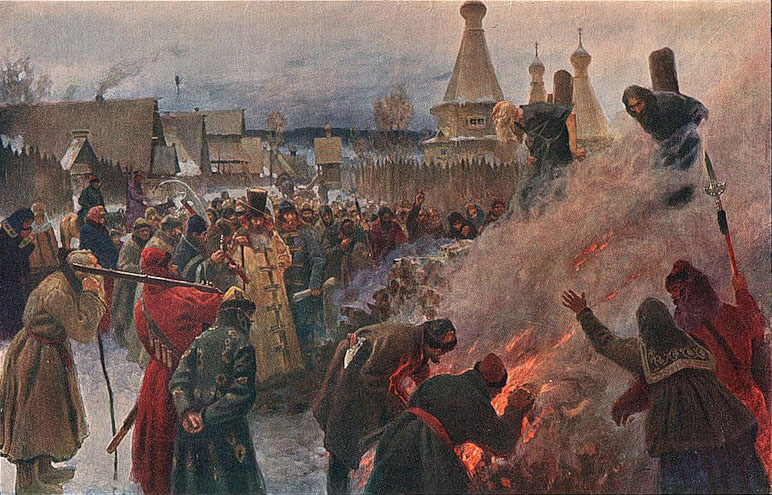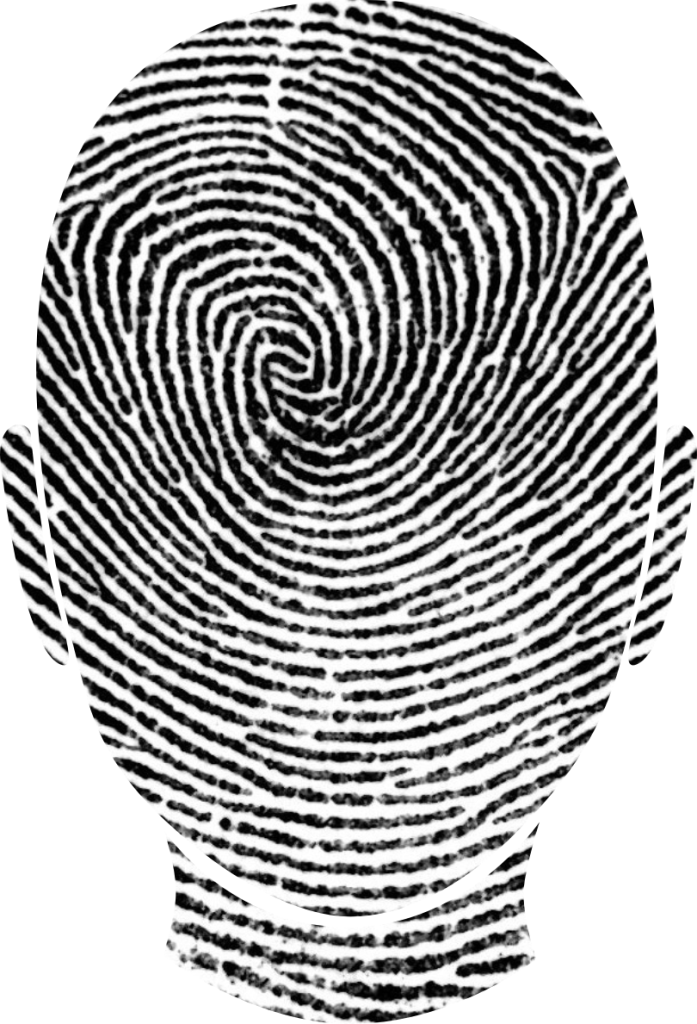Last updated on June 22, 2014
17 “What is man that You magnify him,
And that You are concerned about him,
18 That You examine him every morning
And try him every moment?
19 “Will You never turn Your gaze away from me,
Nor let me alone until I swallow my spittle?
20 “Have I sinned? What have I done to You,
O watcher of men?
Why have You set me as Your target,
So that I am a burden to myself?
21 “Why then do You not pardon my transgression
And take away my iniquity?
For now I will lie down in the dust;
And You will seek me, but I will not be.”Job 7
Have you heard the common phrase “hate the sin, love the sinner”? Who hasn’t? Plenty of different new situations bring this up over and over again in our modern culture: can you truly love a person, but also condemn their sinful behavior?
To take a cursory look at the issue, this seems well and good. We all know that everyone, under a Christian worldview and presuppositions, sins. We all live in a fallen state, even as Christians. We struggle against temptations. The Church, in both its positives and its faults, has made many, many mistakes over the years. Perhaps burning and executing the heretics was never the best of ideas. Our bad history causes us to think twice about how we think of individuals, relative to their actions.

Still, there’s a subtle play happening here that you don’t quite realize. We accept the form of the question before really understanding it, and thus find ourselves in a particular predicament. I question whether “loving the sinner and not the sin” is even a valid way of thinking about this, to be honest. Why do I say this?
That statement, for one, isn’t in Scripture. You can certainly use some interpretive lens, but that assumes everyone agrees which isn’t true by default. Could you derive the concept from selected proof-texts? Absolutely. But we do not want to mislead – we want to forcefully engage with the culture at large without diminishing the meaning of the Gospel, and selective interpretations never lead to wise decisions.
Second, you need to have a particular view of human identity, as defined by the modern world, to make that work. We mostly believe that who we are (i.e., our identity) is separate from what we do (i.e., our actions). Who taught this to us? Probably our parents. Society, maybe. It gets us “off the hook”, so to speak, for the things we do. We abscond from responsibility, seperating our personality, desires, and neuroses from the actions we take. For example, you’ve heard this before: I did that bad thing, say, but that doesn’t make me a bad person! Parents, friends, and sundry relations will affirm this fact: you aren’t what you do.
Why exactly is your personality not reflected in your actions? Question this assumption for a second. What a strange thing! Does the Bible divide between personality and action? And in how many circumstances I’m sure I could imagine a thousand stories in the text where actions define judgment, or even God punishing with no relation to action at all (the Job verses up above make that clear). Try to find the word “identity” in Scripture.

God isn’t concerned with whether your “identity” remains whole, but the actions you take. What you do does define who you are before God, which is that you are a sinner, I am a sinner, and so is everybody else. That is why we all need salvation, and we all need God. Our “identity”, if we have one at all, is located right within Christ, and not at all within manufactured personalities and media-influenced appearances.
We “hate the sin”, therefore, because it refers to a fundamental aspect of our existence that we hate, the thing that defines us – sin. Christians see the way out, and see freedom from it. Christ gives new life, new living, new personality. Christ defines us and forgives us, so that sin (over time) will no longer play a part in our existence. All Christ, or all nothing – He takes no prisoners.
In that way, then, we “love the sinner” because the sinner is us. Fundamentally, and practically, we can say that “loving people” and “hating sin” are one and the same, two expressions of a reality or two sides of a coin. On the one hand, we despise that sin. We know the cost of the sin, and what it took for Christ to absolve us of all our sins, little and big alike. We could not be humble or grateful if we acted otherwise. On the other hand, we must love others for they exist in the same spiritual circumstance as us. Neither of these contradict; they place the emphasis on a different facet, whether the facts of theology or empathy with people.
The problem in explicating this clearly is mostly in that secular culture at large does not accept our presuppositions on this point. So when I say lying is wrong, and homosexual acts are wrong, they have already made the judgment call that lying and homosexual acts are two different things in two different categories.
So when we say “I hate lying”, that makes sense. That fits in the category of “action” and actions further fill into moral categories like “right” or “wrong”. But homosexuality doesn’t work that way for them. They see it as a state of being, the way someone “is” – that modern concept of identity I mentioned earlier. The act of homosexual acts isn’t an action like lying, but an expression of identity. Identity does not fit into moral or ethical categories in this view. So when you say you hate homosexuality, you hate them as a person. The explanation, then, short circuits in transit.
As I explained clearly above, we do not accept that kind of thinking. Yet, by accepting the form of the question, we set ourselves on the defense and failure right at the start. So don’t start on a bad line. Ask the question right back. Ask how they define their terms. Then we can start conversations, and then we can understand our positions on the issue.
Otherwise, you’re not going to get anywhere.
